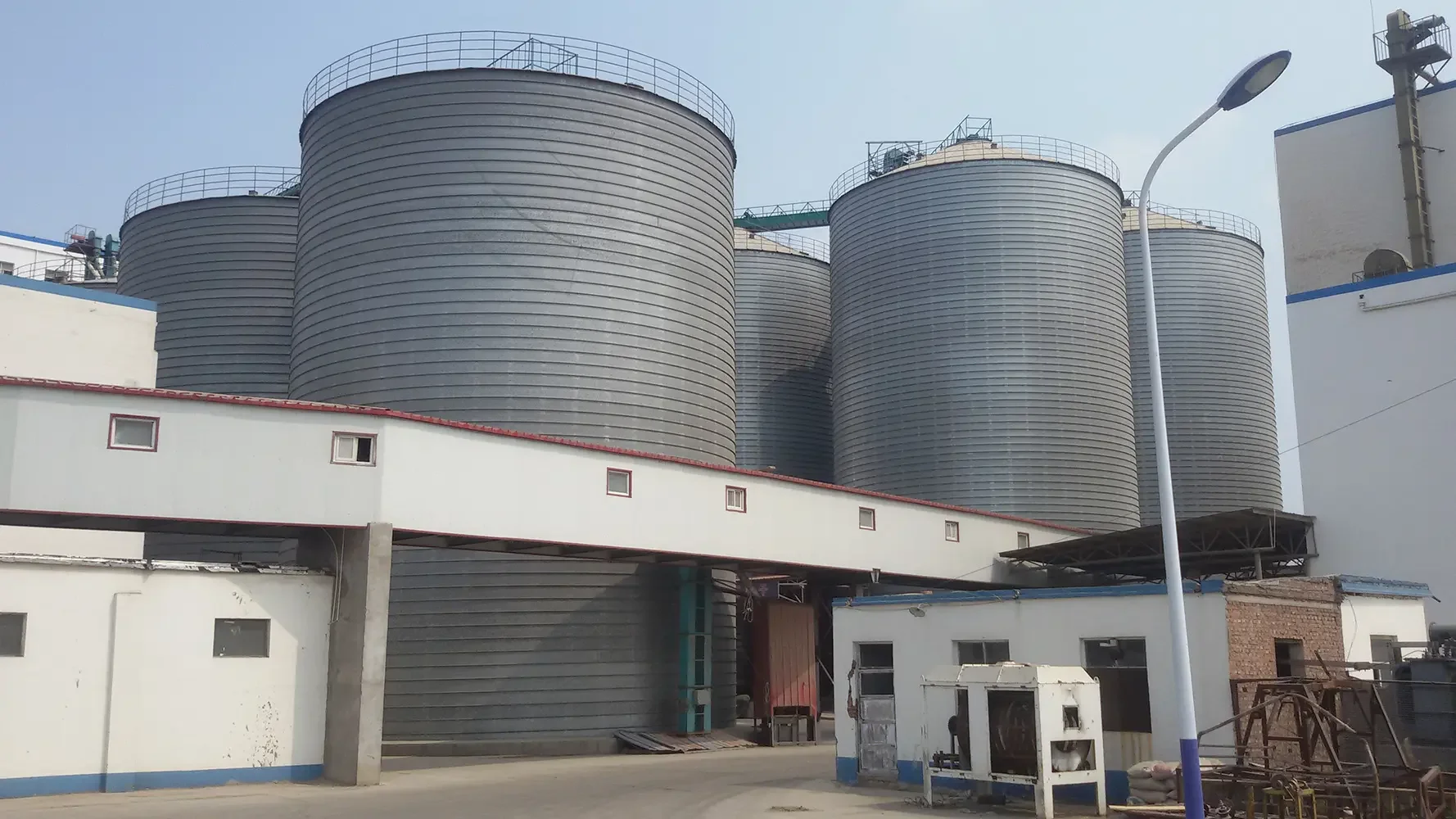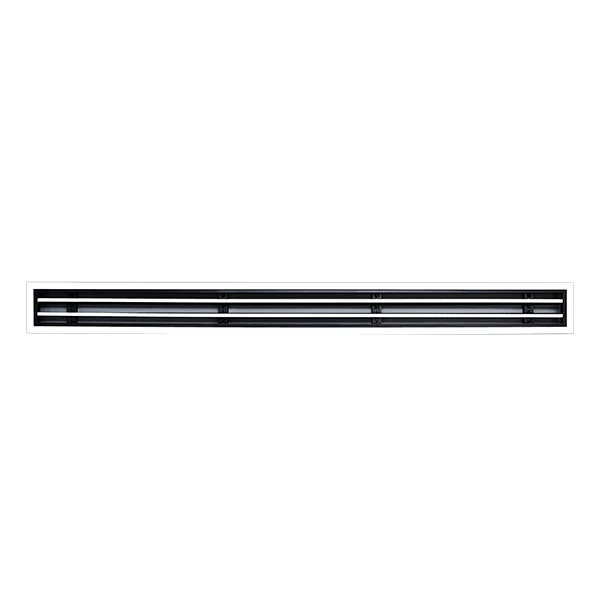Aluminum foil has long been a staple in kitchens around the world, prized for its versatility in cooking, baking, and food storage. However, concerns about its environmental impact, health implications, and the quest for sustainable alternatives have led many to seek substitutes for aluminum foil. In this article, we will delve into various alternatives, examining their benefits, limitations, and practical applications.
Understanding the Role of Aluminum Foil
Before we explore substitutes, it's essential to understand why aluminum foil is so widely used. Its properties include:
- Heat Resistance: Aluminum foil can withstand high temperatures, making it ideal for baking and grilling.
- Moisture Barrier: It effectively seals in moisture, preventing food from drying out.
- Lightweight and Flexible: Its malleability allows it to conform to various shapes, making it easy to wrap food items.
Despite these advantages, aluminum foil is not without its drawbacks. The production of aluminum is energy-intensive, and there are concerns about leaching aluminum into food, especially when heated. Thus, exploring alternatives can be beneficial for both health and the environment.
Top Substitutes for Aluminum Foil
- Parchment Paper
- Description: Parchment paper is a cellulose-based paper that is treated to be heat-resistant and non-stick.
- Uses: Ideal for baking, it can be used to line baking sheets or wrap food for cooking. It is particularly effective for roasting vegetables or baking fish.
- Benefits: Parchment paper is biodegradable and can withstand temperatures up to 420°F (215°C). It is a healthier option as it does not leach chemicals into food.
- Beeswax Wraps
- Description: Made from organic cotton infused with beeswax, tree resin, and jojoba oil, these wraps are reusable and biodegradable.
- Uses: Perfect for wrapping sandwiches, covering bowls, or storing fruits and vegetables.
- Benefits: Beeswax wraps are sustainable and can be washed and reused multiple times, reducing waste. They also allow food to breathe, which can help prolong freshness.
- Silicone Baking Mats
- Description: These mats are made from food-grade silicone and are designed to be non-stick and heat-resistant.
- Uses: Suitable for baking cookies, roasting vegetables, or as a surface for rolling dough.
- Benefits: Silicone mats are reusable and can withstand temperatures up to 450°F (232°C). They are easy to clean and eliminate the need for disposable products.
- Glass or Stainless Steel Containers
- Description: Airtight containers made from glass or stainless steel can be used for food storage.
- Uses: Ideal for storing leftovers, marinating, or transporting meals.
- Benefits: These containers are durable, reusable, and do not leach chemicals into food. They are also environmentally friendly, reducing reliance on single-use products.
- Cotton or Linen Towels
- Description: Natural fabric towels can be used to cover dishes or wrap food items.
- Uses: Great for covering rising dough, wrapping bread, or storing fruits and vegetables.
- Benefits: Cotton and linen are biodegradable and can be washed and reused, making them a sustainable choice.
Considerations When Choosing a Substitute
When selecting a substitute for aluminum foil, consider the following factors:
- Heat Resistance: Ensure that the alternative can withstand the cooking temperatures you plan to use.
- Food Safety: Opt for materials that are free from harmful chemicals and safe for food contact.
- Environmental Impact: Choose products that are biodegradable or reusable to minimize waste.
- Practicality: Consider how easy the substitute is to use and clean, as well as its availability.
Conclusion
While aluminum foil has its merits, the growing awareness of health and environmental issues has prompted many to seek alternatives. From parchment paper and beeswax wraps to silicone mats and reusable containers, there are numerous substitutes that can effectively replace aluminum foil in various applications. By making informed choices, we can reduce our environmental footprint while still enjoying the convenience of food preparation and storage. Embracing these alternatives not only benefits our health but also contributes to a more sustainable future.


More Stories
How SBR Rubber Sheets Are Manufactured: From Compounding to Vulcanization
Exploring New Chapters of Development Together! Shuifa Singyes New Materials Participates in C-Touch & Display Shenzhen 2025 and Commercial Display
How to Choosing the Best Cylinder Essential Oil Packaging Box for Your Brand